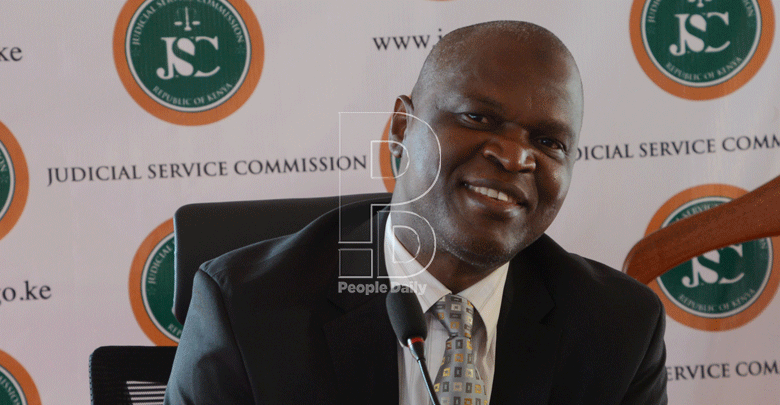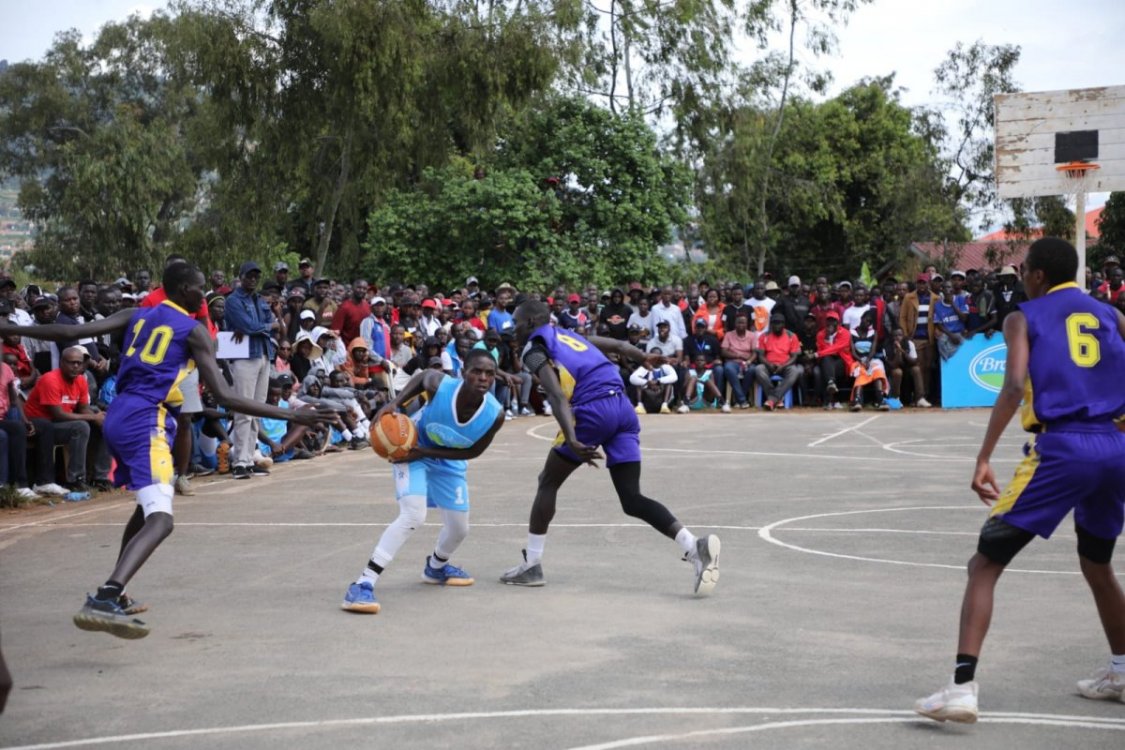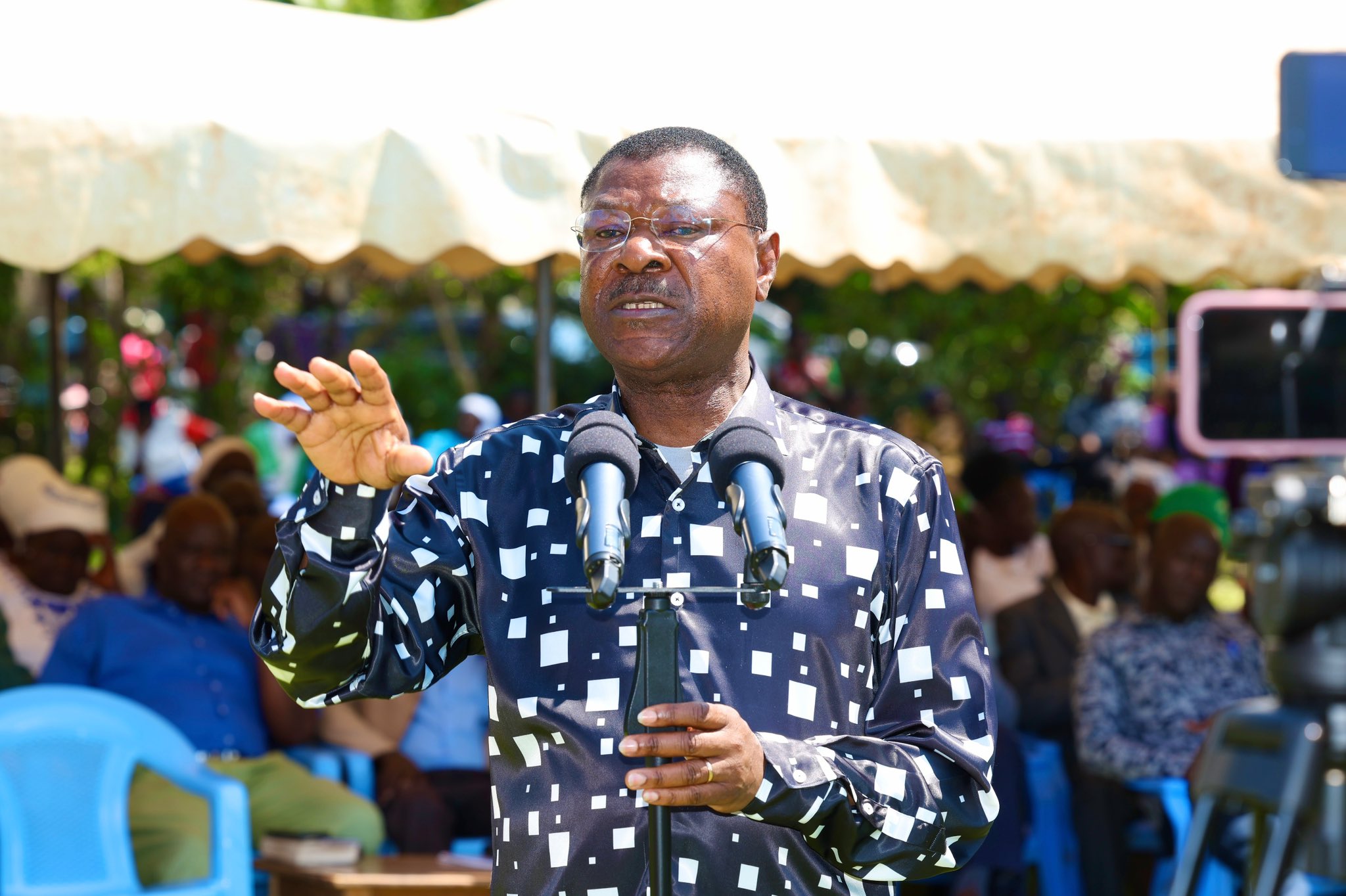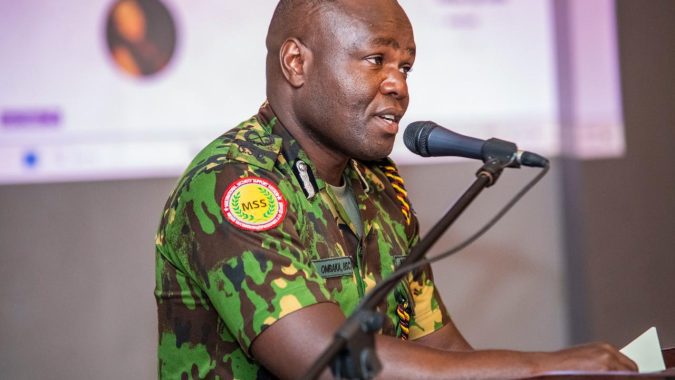Chitembwe, Marete face panel for apex court job

High Court Judge Said Chitembwe and his counterpart Njagi Marete were yesterday the first to take the hot seat in search of a Supreme Court Judge to replace retired Jackton Ojwang.
Justice Chitembwe who was the first to appear before the Judicial Service Commission (JSC) panel yesterday proposed that a Supreme Court Judge should serve for 15 years while his counterpart Justice Marete proposed for the Supreme Court to have nine judges.
According to Justice Chitembwe, the JSC should cap the number of years one can serve on the Supreme Court as a judge to 15 years so as to give other people the chance to serve in that court.
“A maximum of 15 years should be sufficient for a Supreme Court judge…Maybe JSC can look at that so that a judge doesn’t go there and block others from ascending to that court,” he said.
External factors
On the issue of being influenced by external factors as a Supreme Court Judge, Justice Chitembwe told the panel there was no room for that and would be guided by the evidence presented.
“What will be at play will be the documentation presented before the court, not the stories in the newspapers or the opinions of people who are on television.
I do not think there is room to be influenced by external factors, we will be there to dispense justice and we will evaluate the case and do justice to it,” he said.
The Judge also faulted the decision to nullify the 2017 presidential election saying he was yet to fully understand why the court nullified the election.
The Judge stated he was convinced with the dissenting decision of Judge Njoki Ndungu in which she cross-checked all physical forms with complaints made and held that the election was conducted in accordance with the law.
On the issue of corruption, the Judge noted that it was impossible to eliminate corruption or the perception of it.
“I don’t think there will come a time when a survey will be done and Kenyans say there is zero corruption in the judiciary,” Chitembwe told the JSC.
TI Surveys
According to the Judge, the survey which is often done by Transparency International deals with people from all walks of life and most of them, have had an experience with the judiciary that might not have been satisfactory leading to the conclusion that the judiciary is corrupt.
He however noted that though public perception might not be easily fully eliminated he will work towards reducing it.
And for that perception of corruption to reduce he suggests that cases should be heard and determined within a set time frame to ensure there is no delay.
The high court judge noted that his colleagues should give well-reasoned decisions so that even those that have lost cases will not be left guessing but understand why.
Justice Njagi Marete on his part attributed the workload between 100 and 250 cases pending determination before the Supreme Court as a result of quorum hitch and proposed that the Supreme Court should have nine judges.
According to the Judge one of the biggest problems at the Supreme Court was incapacity because of the number of the judges.
He noted that the Chief Justice who is one of the Judges at all times has to appear in the JSC for representation and one of the basic reasons for the backlog is because of quorum .
“The possibility of not having a quorum is very high…What would be the remedy?
The Supreme Court should be raised to nine judges…It makes a lot of sense, the situation we have right now is impractical…Maybe in the future we can move even to 11 depending on the constitution,” he said.










